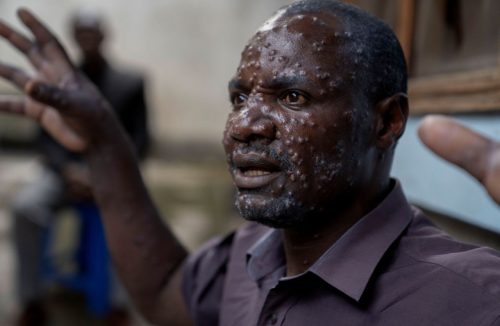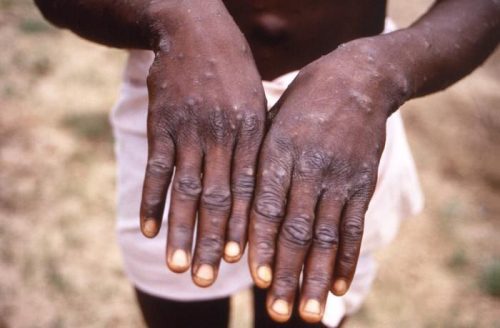Mpox Outbreak: Ashanti Region recorded ten suspected cases.

The Ashanti Regional Health Directorate of the Ghana Health Service has called on the media to intensify public education on the outbreak of Mpox, a viral disease previously known as monkeypox, following the confirmation of 19 cases across the country.

Addressing a press briefing in Kumasi on Tuesday, the Ashanti Regional Health Director, Dr Fred Adomako Boateng, stated that although the region has not recorded any confirmed cases yet, ten suspected cases have been reported and are currently being investigated.
“So far, we have not recorded any positive Mpox case in the Ashanti Region, but we’ve had 10 suspected cases. Nationwide, Ghana has confirmed 19 cases without any deaths,” Dr Adomako Boateng disclosed.

Mpox is a zoonotic disease caused by the monkeypox virus, closely related to smallpox. It typically spreads through close contact with infected humans or animals, especially rodents and primates, and through consumption of undercooked infected meat.
“Initially, Mpox wasn’t a disease of humans; it was found in animals. However, human beings can now contract the disease through contact with infected rodents, monkeys, and squirrels, or by consuming poorly cooked meat from these animals,” he explained.

The disease, which causes flu-like symptoms such as fever, chills, and a rash that may take weeks to heal, has an incubation period ranging from 3 to 21 days. This means an individual may be infected but not show any symptoms for several days.
Since May 13, 2022, a significant number of Mpox cases have been reported in countries with no history of the disease, prompting the World Health Organization (WHO) to declare it a Public Health Emergency of International Concern on July 23, 2022.
Dr Adomako Boateng appealed to the public to take preventive measures seriously, especially those at higher risk.
“If you’re at a higher risk of exposure, it’s important to get vaccinated either before or as soon as possible after exposure,” he advised.

To further strengthen the region’s preparedness, he announced that “Surveillance for Mpox has been heightened in all 43 districts, with the sensitisation of health workers on early detection and case management.”
The Health Directorate will also embark on intensified health education campaigns through various media platforms to raise awareness of the disease and its prevention.





